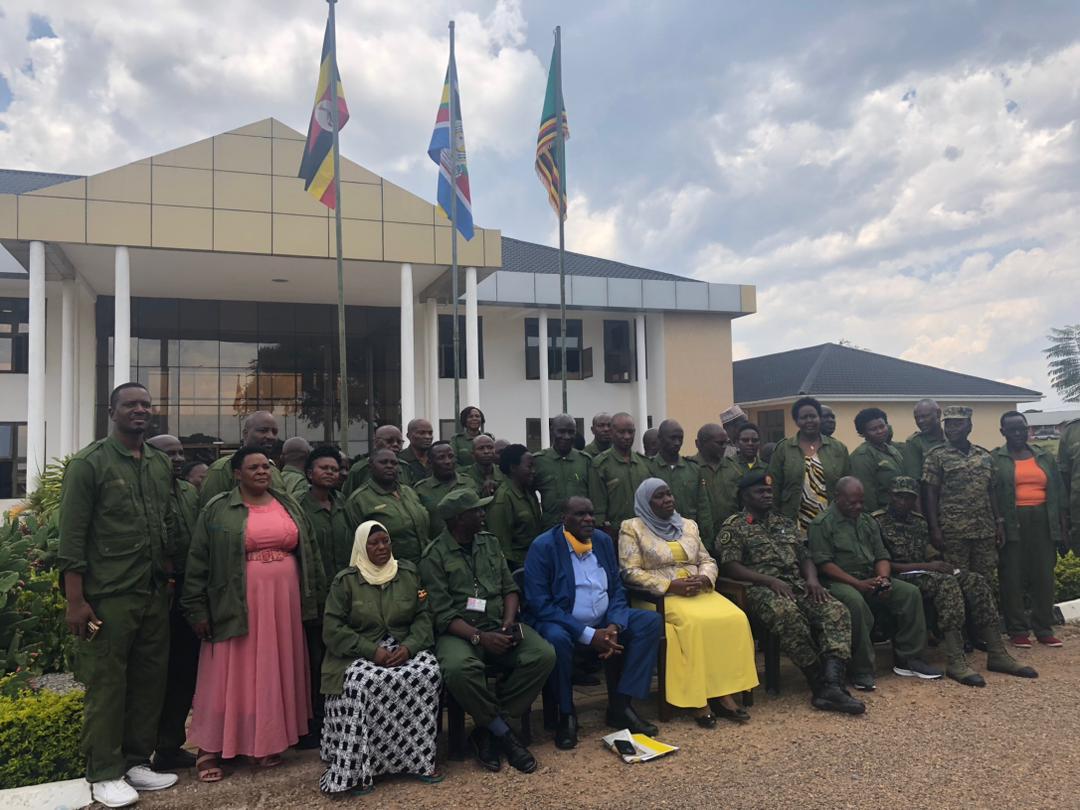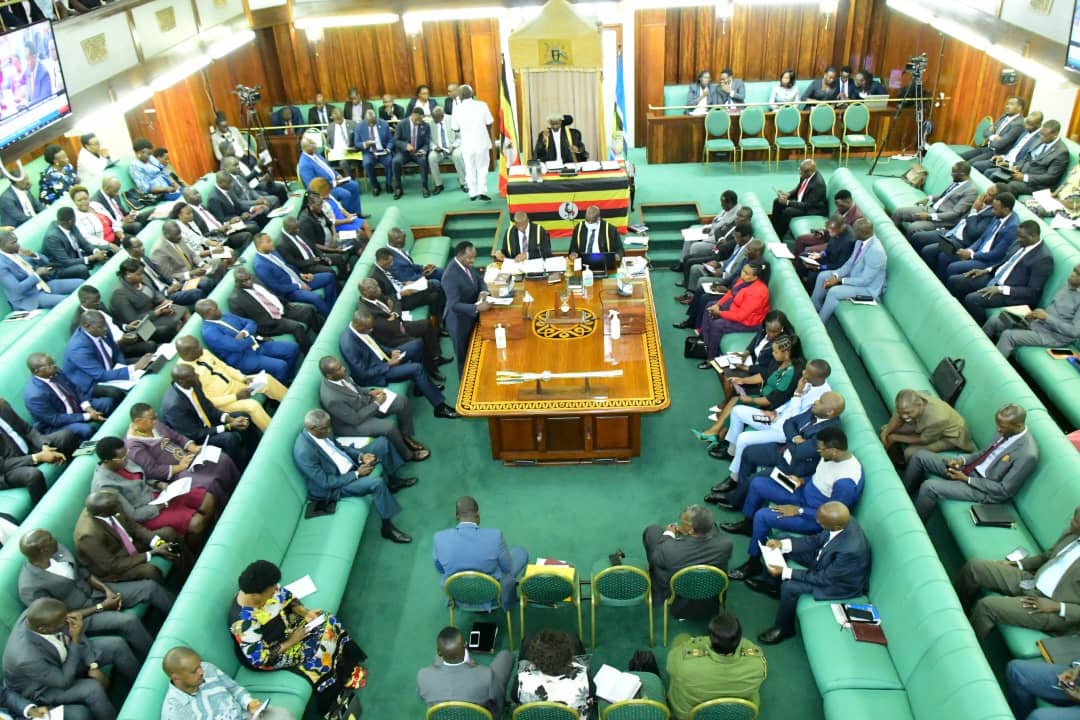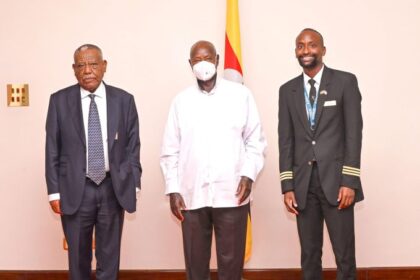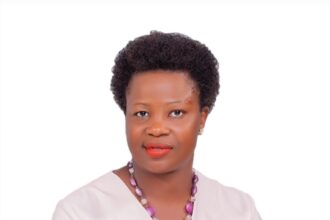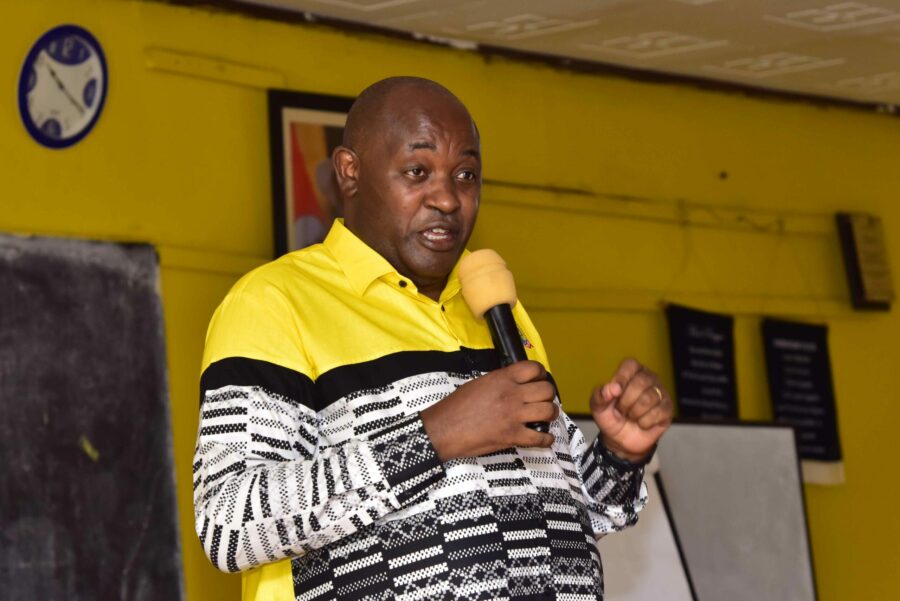The Minister for Presidency, Hon. Babirye Milly Babalanda has strongly cautioned local government leaders about their potential involvement in exacerbating the suffering of the local population, through their facilitation of land grabbing activities.
This stern warning was issued by Hon. Babalanda on August 21st through Hon. Hajjat Minsa Kabanda, the Minister for Kampala Capital City and Metropolitan Affairs.
Hon. Kabanda represented Hon. Babalanda during the launch of the Retreat for District Leaders from the Central Region, at the National Leadership Institute (NALI) in Kyankwanzi.
The purpose of this retreat, organized by the Manifesto Implementation Unit- Office of the President, is to address commitments from the 2021/2026 manifesto and the 2023 Presidential strategic directives and guidelines.
The event is being attended by leaders from 27 local governments within the central region, including Resident City Commissioners (RCCs), Resident District Commissioners (RDCs) , LC5 chairpersons, Chief Administrative Officers, town clerks for cities and municipalities, NRM district chairpersons, mayors, representatives from Operation Wealth Creation (OWC), presidential advisors from the central region, and commissioners from the RDC secretariat.
This 5-day retreat aims to inform citizens and leaders about manifesto commitments and achievements, understand challenges in implementing and adhering to the manifesto, identify ways to mitigate these issues, and enhance collaboration among local government leaders responsible for implementing government programs.
Hon. Babalanda raised concerns about rampant land grabbing, allegedly facilitated by some local government leaders and the police, which has tarnished the reputation of the NRM government in the central region.
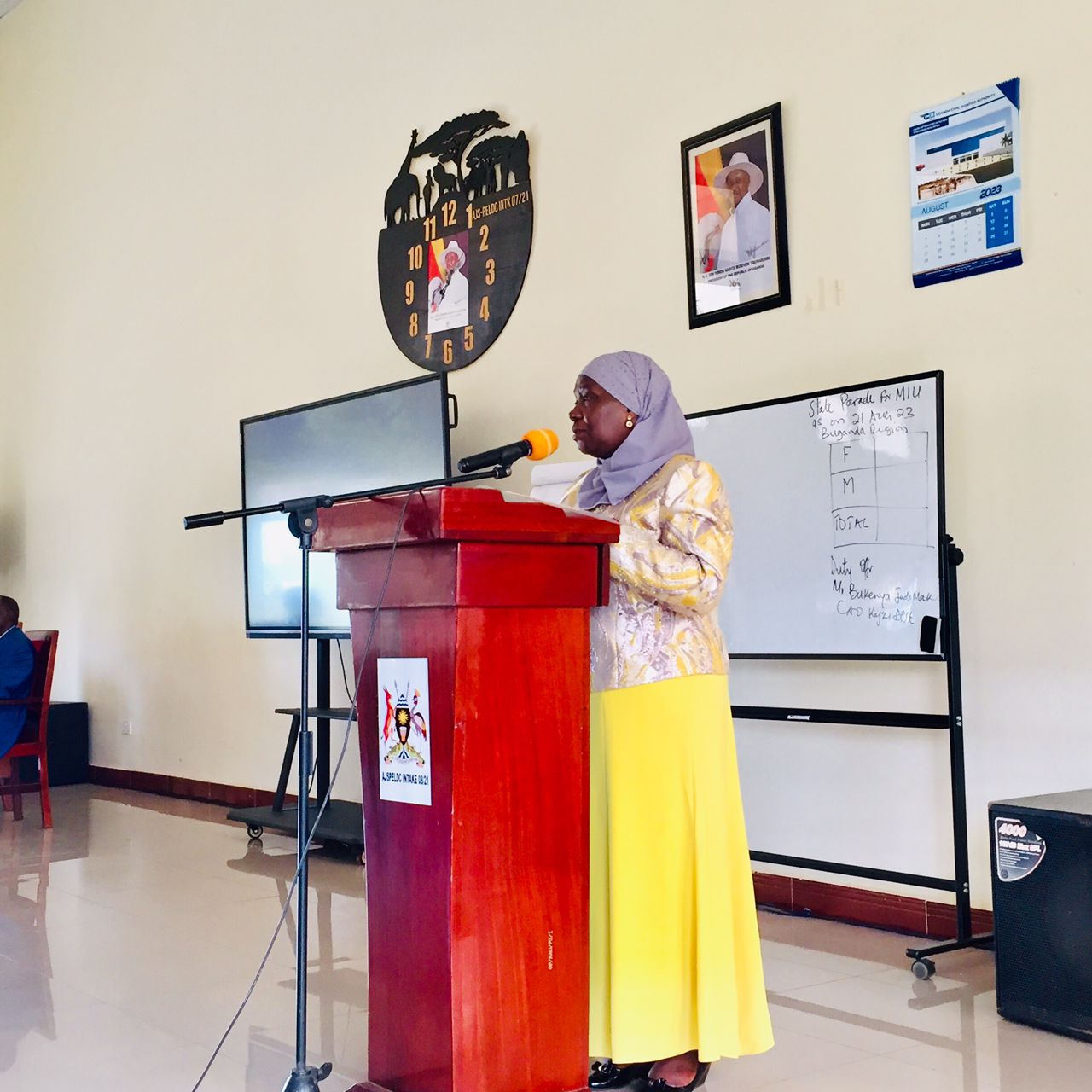
“So many of you are involved in land issues, and that’s why people are hating NRM just because of land issues. Sometimes you work with police. I’ve seen areas where you also participate as police officers. You also participates and you evict people. I think we should stop that,” Hon. Babalanda warned local government leaders.
Expressing her views, the Minister advised the leaders to adopt a multi-faceted approach, including utilizing the influential medium of the media—particularly radios, which are widely accessible—to promote government development initiatives.
She highlighted the Parish Development Model (PDM) as a pivotal program in wealth creation and poverty alleviation, stressing that if effectively managed by local government leaders, it could offer enduring solutions to prevalent issues. She urged them to swiftly embrace the PDM and make it a cornerstone of their efforts, thereby facilitating its effective implementation.
While addressing the attendees at the event, Mr. Bashaasha Willis, the Director of the Manifesto Implementation Unit at the Office of the President, emphasized that local government leaders have a responsibility to collaborate, regardless of their political party affiliations. This collaboration is vital to ensure the optimal delivery of services to the citizens.
“In this country over 80% of the service delivery is implemented at the local government level. We must work hard to make sure that every citizen is served, given the fact that the NRM was chosen to drive this country for the next 5 years,” said Bashaasha.
Hajji Yunus Kakande, the Secretary- Office of the President also the Chief Technical Advisor to the Manifesto Implementation Unit, strongly appealed to local government leaders to promptly engage in the monitoring of government programs, ensuring that these initiatives meet the expectations of the citizens.
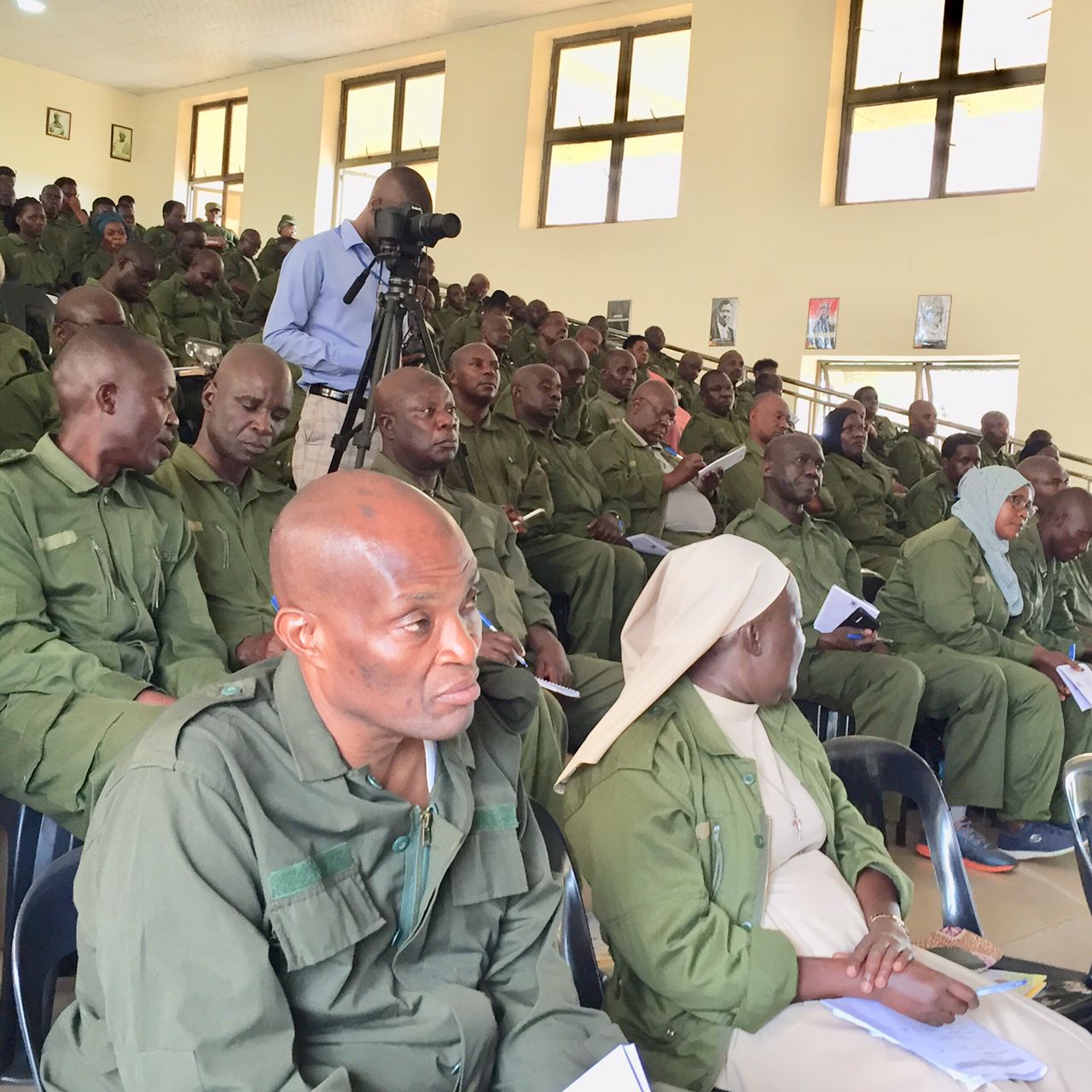
He motivated these leaders to instill a mindset focused on wealth creation within the population and emphasized that such a mindset is crucial in counteracting the threats posed by extreme poverty, driven by a lack of positive mental attitude and optimism.
Hajji Kakande also encouraged these leaders to dedicate significant efforts to promote government developmental initiatives. This, he emphasized, is essential to ensure the efficacy of these initiatives in lifting people out of poverty.
“Government has introduced a number of programs in the district, a number of programs, you know them better but I can talk of the PDM now, I can talk of Emyooga, I can talk of the youth livelihood Fund,” Hajji Kakande said.
“This money is injected in the public so that you can stimulate development and growth and fight poverty. You know, its we the leaders to make people change their minds. Its upon you to sensitize these communities to know that poverty is not something they should be comfortable with,” he added.
Hajji Kakande also dismissed the claims made by negative forces and propagandists who have spread the notion that public service delivery will collapse due to the recent suspension of financing to Uganda by the World Bank, stemming from the controversial anti-homosexuality law. He asserted that relying on aid cannot propel a country’s growth; instead, it perpetuates poverty.
He challenged the prevailing belief by stating, “I have never witnessed aid leading to the development of any country. If there is a nation that has progressed solely due to aid, I invite you to come forward and prove me wrong. Show me a country like Singapore or Malaysia that has achieved development purely through aid.”
He further emphasized that the concerns surrounding the World Bank’s decision should not discourage anyone. He assured that essential services will not falter, and programs like the Parish Development Model (PDM) and Emyooga will persist. He emphasized that the situation necessitates a re-evaluation of the budget and a careful reorganization of priorities.
The retreat also welcomed attendees from opposition political parties, including Mr. Bosco Muwonge, the Deputy Speaker for Wakiso District, affiliated to the National Unity Platform (NUP), and Ms. Hadijja Namutebi of the Democratic Party, representing the mayor of Wakiso District.
Mr. Muwonge expressed to the press, during the sidelines of the event, that his participation was driven by his aspiration to ensure government accountability for the betterment of the public.
He stated, “As a Ugandan, I hold myself responsible to the citizens who elected me for this role. My purpose is not solely to cater to the members of the NUP, but to challenge the reigning government and potentially collaborate with it to ensure that service delivery reaches every individual.”
Mr. Hudu Hussein, the Resident City Commissioner (RCC) for Masaka City, explained that the presence of opposition politicians at the event is a reflection of political maturity.
He stated, “This demonstrates a level of political maturity. These individuals are not solely NUP leaders; they hold positions of leadership that extend beyond the NUP party. If you are elected as a speaker or mayor under the NUP ticket, your responsibility encompasses not only NUP supporters, but all Ugandans.”
The primary goals of the retreat align with the significance of Kampala and the central region’s role in Uganda’s development. According to 2022 data provided by the Uganda Bureau of Statistics (UBOS), the central region constituted 27 percent of the nation’s total population. Moreover, the region holds considerable revenue potential due to its status as a pivotal industrial hub, hosting a multitude of industries, commercial enterprises, agricultural endeavors, and fishing activities.
Do you have a story in your community or an opinion to share with us: Email us at Submit an Article



